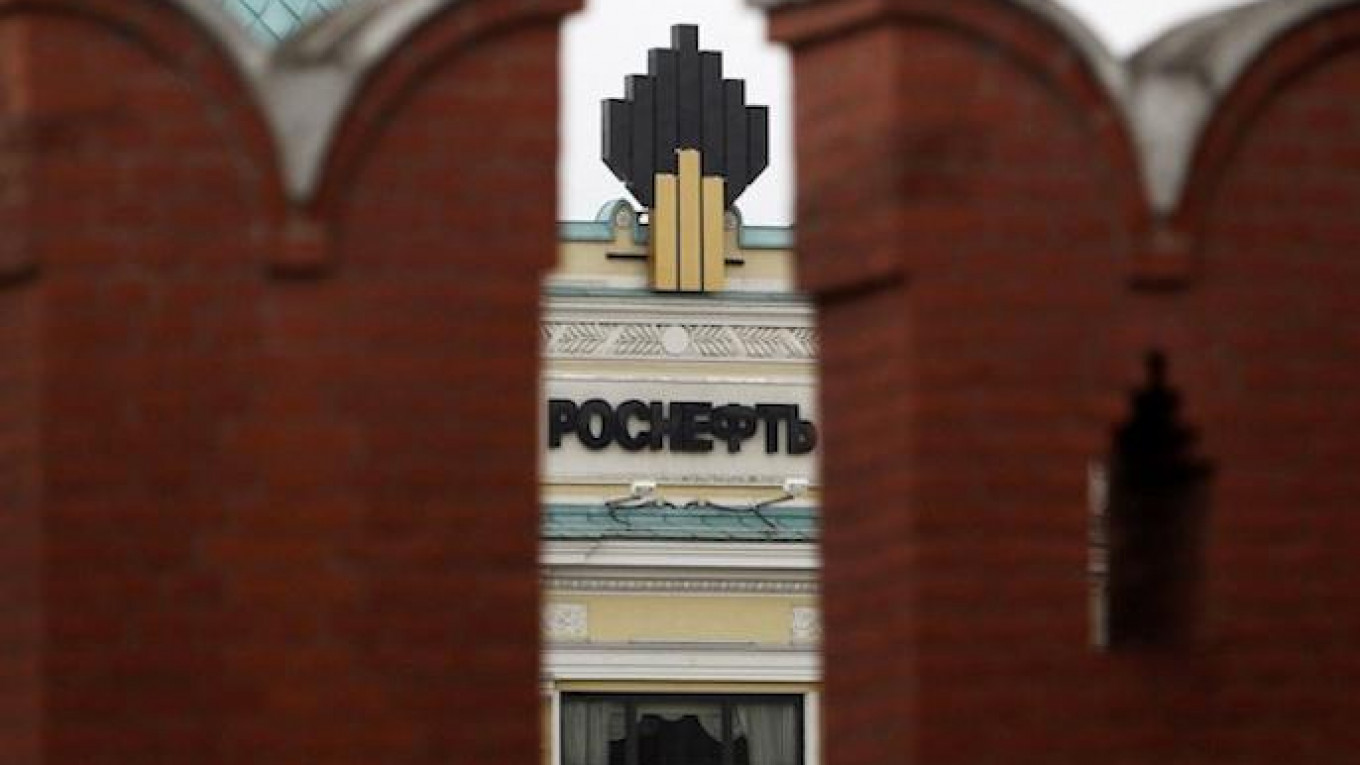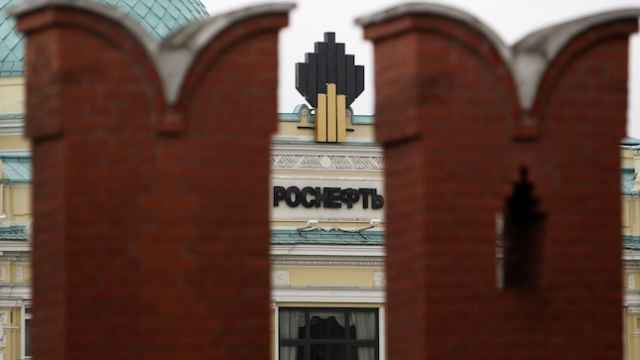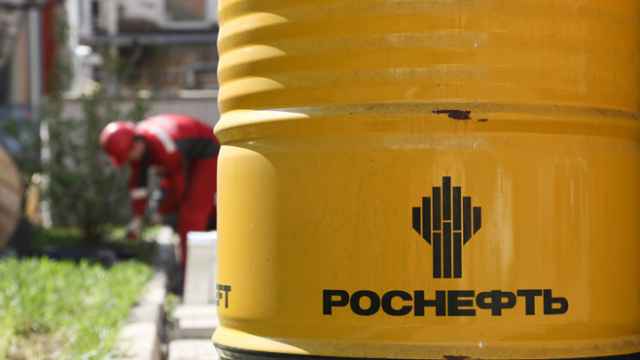The Russian government has announced its criteria for investors hoping to buy shares in state-owned oil company Rosneft.
Officials are hoping to find one or more strategic investors to buy and hold a share package for at least three years.
Bidders must be able prove that their assets have potential synergy with Rosneft, and that they can create added shareholder value by attracting relevant investors. Possible conflicts of interest and the risk of restrictions being imposed by third countries must also be minimized.
A slightly more unusual requirement is the need for investors to sign a shareholder's agreement obliging them to vote in favor of any government member who applies for a seat on Rosneft’s board of directors. The agreement is set to ensure that the government, as the owner of the controlling stake, retains a majority on the board.
It is rare for a seller to impose terms of this kind on a transaction, said BGP Litigation investment expert Vladimir Rusakov. The obligation to vote for any government member who applies for a seat on Rosneft's board of directors effectively prevents the investor from participating fully in the management of the company and limits the range of potential applicants, he said. The government may even have formulated its criteria with a particular investor in mind.
The restriction on the right to participate in management could reduce the attractiveness of the deal and could even affect its value, said Ilyashev & Partners lawyer Ruslan Mannapov.
The reasoning behind the move could lie in the make-up of the nine-member Rosneft Board of Directors. With a full voter turnout, just 11.1 percent of the vote is needed to add a single board member, while 55.5 percent gains a majority, said Goltsblat BLP partner for corporate practice Anton Panchenkov.
Investors will likely be able to elect its own representative to the board, backing that candidate with its 9.4 percent in “free shares,” said Panchenkov. Rosneft, after committing 44.4 percent of its shares to four government candidates, can commit its remaining “free shares” to ensuring the election of the investor’s candidate.
State holding company Rosneftegaz currently controls 69.5 percent of Rosneft, while Britain's BP holds 19.75 percent. The government plans to sell a further 19.5 percent stake for a reported minimum price of 700 million rubles ($11 billion), allowing Rosneftegaz to retain a stake of 50-percent-plus-1-share. The cost of the shares stood at 692 billion rubles ($10.9 billion) on the stock exchange last Friday.
A senior Russian official told financial news agency Bloomberg that the government was planning to sell the 19.5 percent stake to Chinese or Indian companies. Chinese companies CNPC and Sinopec and a representative of Indian company ONGC have said they are ready to study the possibility of participating in the privatization of Rosneft.
Representatives of CNPC
and ONGC did not respond to requests for comment.
A preliminary list of candidates to buy the shares must be submitted to the government by Sept. 1, along with details on the structure of the transaction and a report on its market value The schedule for privatizing Rosneft should be sent to the Economic Development Ministry by Aug. 1.






